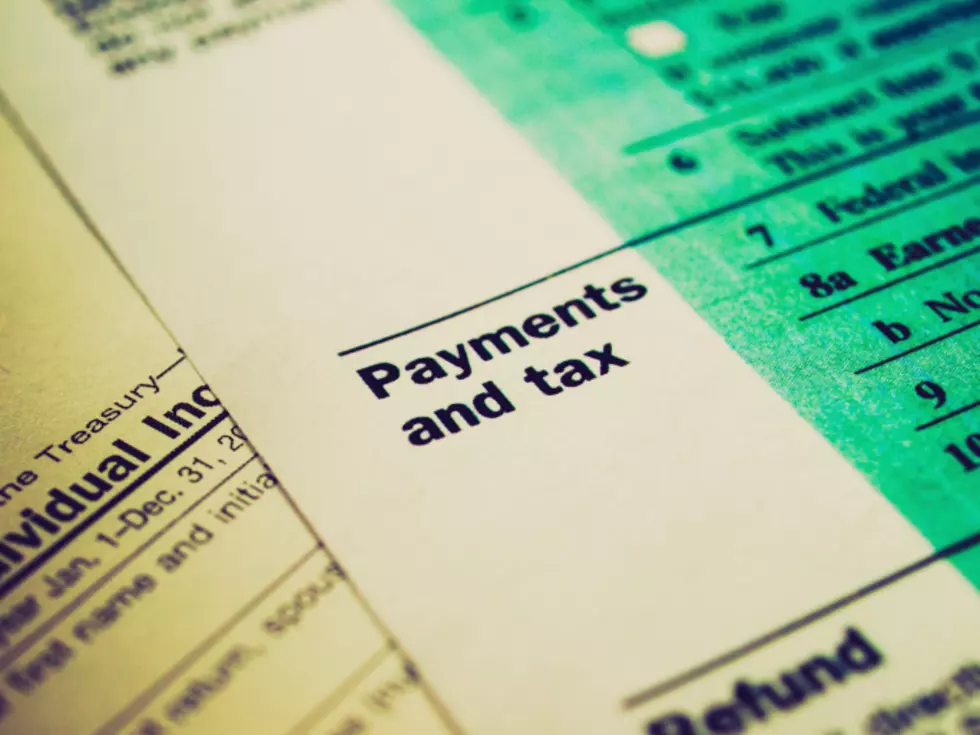
When your HELOC expires, what do you do?
Q. My home equity line of credit (HELOC) will expire in about a year. I have a $20,000 balance. Should I get a new HELOC and transfer the debt?
— Debtor
A. Home equity lines of credit can be an attractive source of debt because of today’s very low interest rate environment.
You should be sure to do this if the increase in payments will be difficult for you to maintain once the HELOC expires or once it enters its amortization period, said Brian Power, a certified financial planner with Gateway Advisory Group in Westfield.
One option is to refinance the HELOC.
“When you refinance a home equity line of credit, you start over with a new HELOC, with its own interest-only draw period,” he said. “With this approach, you still have access to a credit line to deal with future needs.”
You will still have to pay off the balance someday, Power said, and you should remember that HELOCs have variable rates and nobody knows what rates will do a year from now.
You could also pay off the HELOC with a home equity loan, Power said. A home equity loan is for a fixed amount with a fixed rate, and the payments remain the same through the life of the loan.
Or you could refinance the HELOC and your first mortgage into a new primary mortgage.
“By refinancing the HELOC into a new primary mortgage, you could take advantage of a fixed interest rate that’s still low by historical standards,” Power said. “Consider refinancing into a 15- or 20-year mortgage to reduce total interest payments.”
Power said while interest rates on primary mortgages are favorable, you have to take into account higher closing costs when you take this approach. It’s best if you keep the house long enough for the cumulative monthly savings to outweigh the costs of refinancing.
Taylor Thomas, a certified financial planner with Round Table Wealth Management in Westfield, said you should plan to renew your HELOC well before the date of expiration for your current HELOC.
Before you get started, you should determine the approximate value of your home in order to know your loan-to-value ratio, Thomas said. You can do this by reviewing recent sale prices for similar homes in your area — look for “comps.” This is important because some banks may require an appraisal in order to renew your HELOC.
Take a look at how much debt you have secured by the home.
“Add up the balance of your primary and second mortgages and make sure that it is not more than 90 percent of your home’s value,” Thomas said. “The lower your loan-to-value ratio, the more appealing you will be to a bank.”
Then, Thomas said, check your credit score and review your credit reports for any errors so you have time to request that the credit agencies fix the errors before you apply.
Next, do what you can to reduce your debt-to-income ratio.
“Most lenders do not want your monthly loan payments including credit cards, auto payments, etc. to exceed 36 percent of your gross monthly income,” Taylor said. “If you have a lot of debt, look for ways to either pay it down or consolidate to a lower payment.”
Then start shopping for the new HELOC.
Find out the fees, term and interest rate. Know the interest rate for a HELOC are typically variable, based upon an index (e.g., Prime Rate) plus a margin, and there are most often minimum and maximum rates which apply, Thomas said.
Good luck!
Karin Price Mueller writes the Bamboozled column for The Star-Ledger and she’s the founder of NJMoneyHelp.com. Click here to sign up for the NJMoneyHelp.com weekly e-newsletter. Like NJMoneyHelp.com on Facebook and follow it on Twitter.
More From New Jersey 101.5 FM









